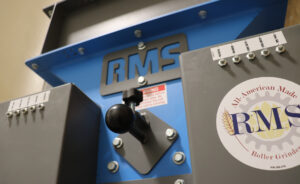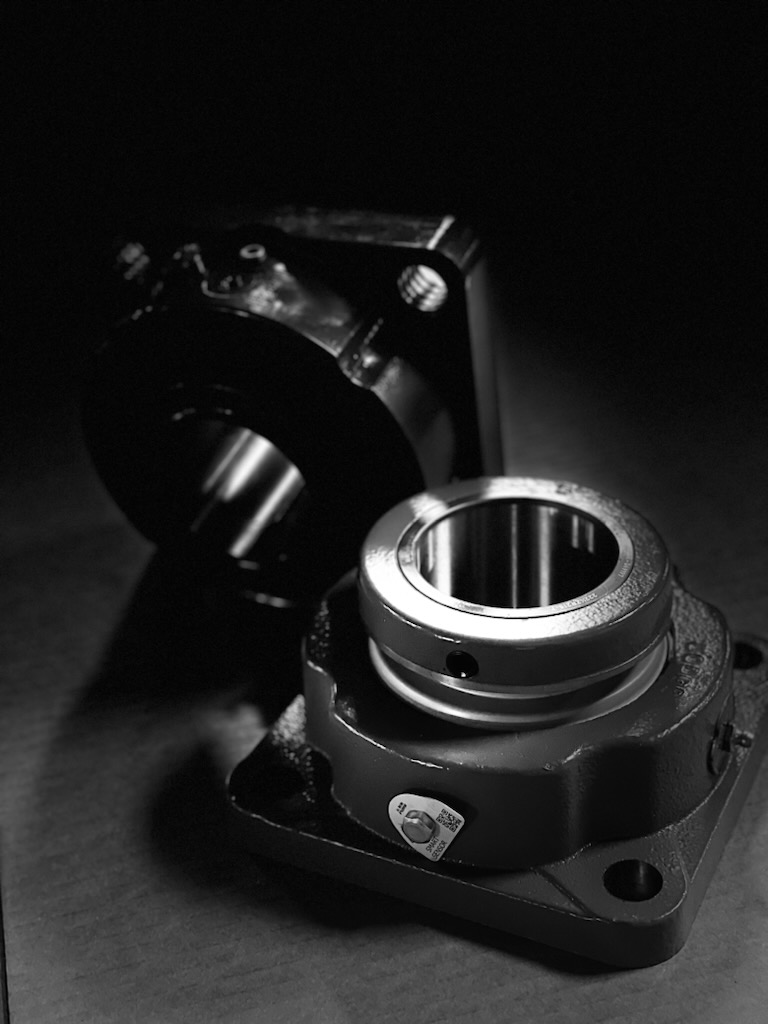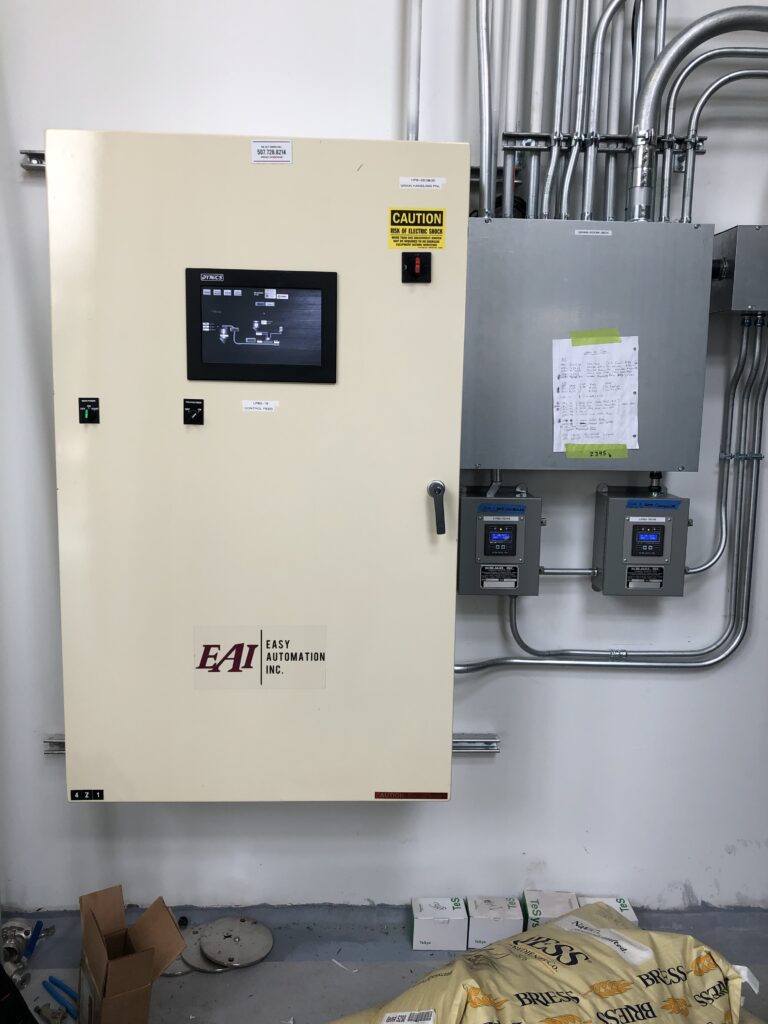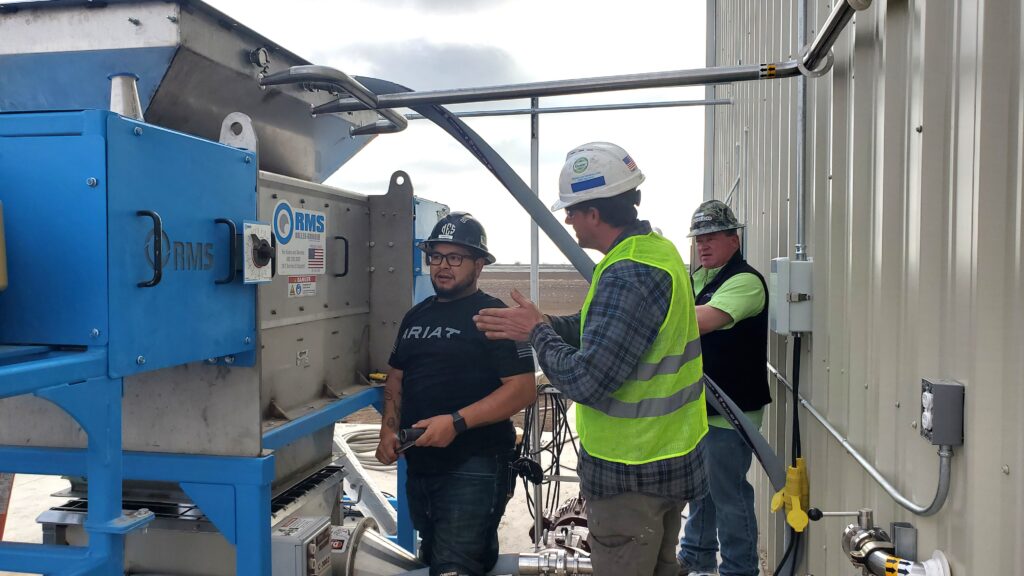Extend the Life of Your Roller Mill
 When investing in any kind of machinery, maximizing its lifespan is important. When you rely on that machinery day in and day out to produce a product for your business, it becomes even more essential. Roller mill maintenance is crucial to optimizing performance, and minimizing downtime. Part of properly maintaining your machinery is understanding how different products can affect the roller mill, and how the friability of those products can influence your maintenance regimen.
When investing in any kind of machinery, maximizing its lifespan is important. When you rely on that machinery day in and day out to produce a product for your business, it becomes even more essential. Roller mill maintenance is crucial to optimizing performance, and minimizing downtime. Part of properly maintaining your machinery is understanding how different products can affect the roller mill, and how the friability of those products can influence your maintenance regimen.
In this article, RMS’s Research & Development Department helps you better understand how to maintain your roller mills based on the products you’re running.
Products You Can Grind in a Roller Mill
 “You can grind multiple products in a roller mill,” says Josh Tracy of RMS’s Research & Development Department.
“You can grind multiple products in a roller mill,” says Josh Tracy of RMS’s Research & Development Department.
“Our automated machines have what’s called ‘recipes’, in which you can set and name them based on the material you’re grinding. You can set the roll gaps accordingly, and you can set the roll speeds on a VersaMill® so that it can accommodate multiple different grind sizes of that product. In our manual machines, you can adjust the roll gaps manually. Changing between soybean and corn or even fibrous materials like pellets to cereal grains is very easy in a roller mill.”
Although more fibrous materials such as biomass or biochar can be ground in a roller mill, these materials will impact the service life of the machine.
Josh notes that very fibrous materials as well as non-friable materials tend not to work as well in roller mills. “Fibrous material doesn’t want to separate and require more of a cutting action, so you have to be careful when using a roller mill to break down fibrous materials such as corn stalks or biomass from a hemp plant.”
How Different Materials Affect the Roll Life of the Machine
The product you use in the mill will ultimately determine the necessary maintenance of the machine.
“As you either decrease friability or increase abrasiveness, those things can start to affect roll life over the long term,” says Josh. “You may not get as many tons through the machine. It will still grind, but you may want to adjust the variables within the machine to account for that.”
Materials that tend to grind more easily include wheat, barley, and corn, because these are all friable materials. This means they are relatively easy to break down, and are therefore easier on the machine. Materials such as charcoal, biomass, or wood are tougher on the machine and may require more roller mill maintenance since they can ultimately cause more wear on the rolls and internals.
Since roller mills are designed to work with a variety of different products, RMS works with clients to ensure the roller mill is optimized for robust performance with as little maintenance as possible.
“One of the things we can change is adding our Endurance Rolls to your machine,” says Josh. “If your rolls are going dull more frequently than you would like, upgrading to Endurance Rolls on your machine can increase your roll life by 3-5 times.”
How Often Should Roller Mill Maintenance Be Done?
 Roller mill maintenance will be unique for every operator and depend on the particular materials going through the machine.
Roller mill maintenance will be unique for every operator and depend on the particular materials going through the machine.
When asked how often roller mill maintenance should be done, Josh replied, “That’s highly dependent on the abrasiveness of the material and the cleanliness of the material you’re grinding. If you have a lot of foreign materials, say rocks or bolts–material that shouldn’t be in the machine–and it’s causing a lot of damage to the rolls or the zero and parallel of the machine, you’re going to want to parallel it more frequently. You’re also going to want to look at your bearings and make sure they’re staying greased and the temps are staying down. Those things can be watched more closely with an auto-greaser or a bearing temp monitoring system.”
Josh also says that roll life and roll changes are ultimately a very large part of machine maintenance, but that roll life can be maximized to reduce roll changes by using RMS’s Endurance Rolls as well.
Getting Set Up for a Proper Maintenance Regimen
It’s imperative to ensure proper roller mill maintenance. How can operators get set up to maintain their machines for maximum performance and longevity of their grinding equipment?

“Each product acts differently,” says Josh. “We like to do a consultation where we can come on-site or even just a Zoom call where we can discuss how best to maintain the machine based on:
- The product you’re grinding
- How many hours of run-time you have per day
- How many tons you’re putting through the machine
- How many different operators you have
Maybe automation is the way to maintain the machine better just so you don’t have variables between operators setting the machines. Ideally, a consultation on your whole process would be best to set those maintenance plans up,” Josh says.
In addition, RMS also offers its Endurance Roll Program, which allows companies to take advantage of regular, on-site maintenance from RMS experts to properly maintain their machinery for ultimate performance and longevity.
Request a Quote from RMS Today
RMS Roller-Grinder is here to assist you with all your roller mill needs, whether you’re grinding something as common as barley or need more sophisticated machine configurations for more fibrous material. Request a quote with us today to learn more about our reliable products and discuss your options!
